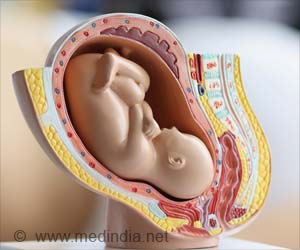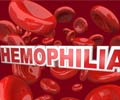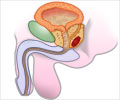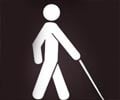What is Schizophrenia?
Schizophrenia is a long lasting and severe mental illness which affects the normal functioning of the brain. People with schizophrenia cannot differentiate between reality and imaginary. The way a person thinks, acts and expresses emotions is distorted leading to problems at workplace and relationships (1✔ ✔Trusted Source
What is schizophrenia?
Go to source).
The link between altered brain function and schizophrenia has been tried to be explained through two particular neurotransmitter pathways in the brain, namely dopamine and glutamate.
There is a wide diversity in the clinical manifestations of schizophrenia. It ranges from the psychotic (positive symptoms) which include delusions (false beliefs), hallucinations (imagining things) especially hearing voices (2✔ ✔Trusted Source
Schizophrenia
Go to source).
The absence of certain normal behaviors in schizophrenics is termed negative symptoms. These include lack of emotion, no desire to form relationships, experience pleasure or interest in life.
Schizophrenic individuals are often associated with other mental health issues like anxiety disorders, major depressive illness or substance use disorders (3✔ ✔Trusted Source
Psychiatric Comorbidities and Schizophrenia
Go to source).































